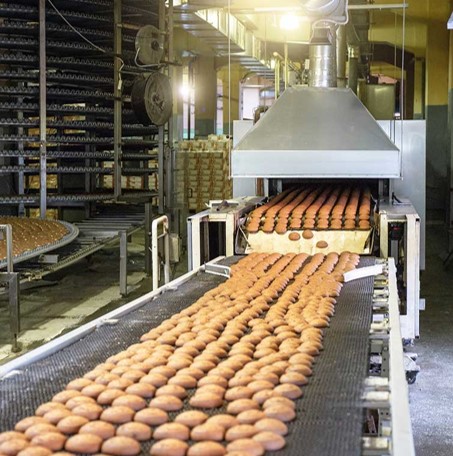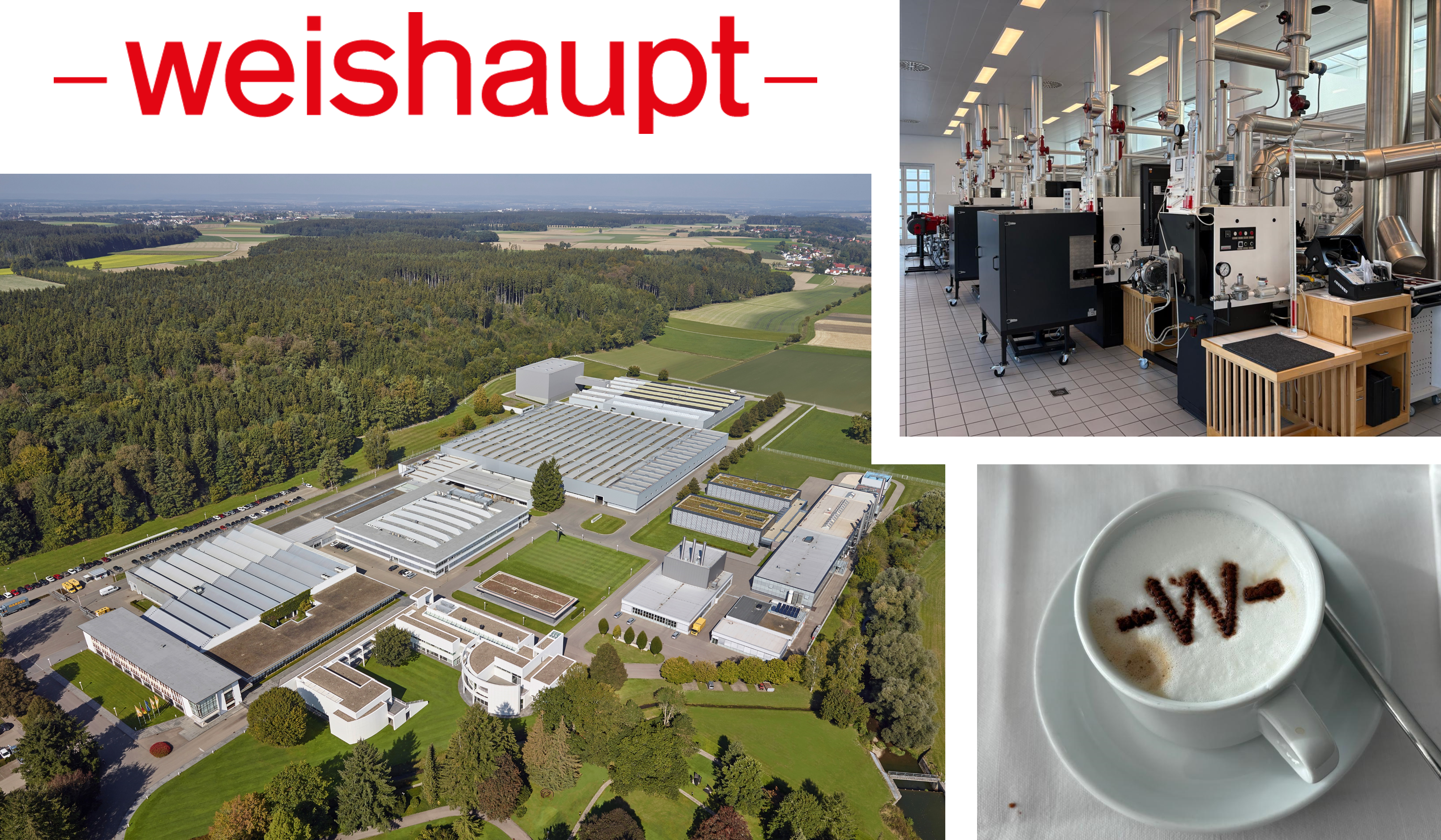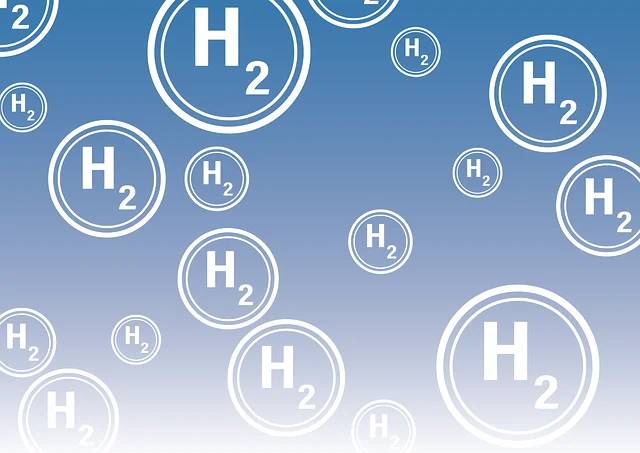Artificial intelligence (AI) is increasingly being discussed across many areas of engineering and manufacturing. While still an emerging technology in the field of process heating, AI has the potential to influence how commercial gas heating systems are designed, installed and maintained in the years ahead.
This article explores some of the ways in which AI could impact the wider industry — not as a description of current practice, but as a look at what might be possible in the future.
AI in System Design
AI can process vast amounts of technical data far faster than traditional methods, opening new possibilities for the design of burners, furnaces and associated systems.
For example, machine learning algorithms can analyse complex thermodynamic models, combustion characteristics and heat transfer dynamics to identify configurations that maximise efficiency. The result could be designs that deliver the dual benefits of cost savings and lower emissions.
AI-driven tools may also enable the rapid generation of bespoke heating system layouts, balancing performance, safety and energy use for each specific application. In materials selection, AI could assist in identifying alloys or refractories that minimise thermal losses and extend service life — further improving the long-term performance of heating equipment.
AI in Installation
In the future, AI-assisted design and planning tools could help engineers optimise the physical layout of process heating systems. Algorithms might evaluate burner positioning, flue routing and pipework runs to streamline installation and reduce on-site time.
Another emerging concept is the “digital twin” — a virtual replica of a system that can be tested and refined before any physical installation takes place. By identifying potential clashes or performance issues in advance, digital twins can reduce commissioning time and risk.
Looking further ahead, AI-powered robotics could also play a role in assisting with installation or maintenance in hazardous or high-temperature environments, improving safety for human operators.
AI in Maintenance and Operation
Maintenance is an area where AI could bring particularly strong benefits. Predictive maintenance systems use data from sensors to anticipate component wear or failure, enabling service teams to act before a breakdown occurs.
AI can also be applied to continuous efficiency monitoring, automatically adjusting burner performance to maintain optimal combustion and reduce fuel consumption and emissions. Diagnostic algorithms could help detect faults such as incomplete combustion, leaks or inefficient heat transfer, supporting safer and more reliable operation.
Wider Industry Impact
Beyond individual systems, AI could support broader developments in the process heating sector. For instance, it can assist in modelling the transition from natural gas to hydrogen or hybrid fuel systems by simulating combustion performance and safety considerations.
AI-based tools could also simplify administrative tasks by automating compliance reporting — tracking emissions, efficiency data and safety checks — saving time while improving traceability.
An Opportunity for the Industry
For companies across the sector, including those with deep engineering expertise, there may be opportunities to codify specialist knowledge into AI systems, ensuring that decades of experience can inform the next generation of heating technology.
While these technologies are still evolving, the underlying principles remain the same: high-quality engineering, rigorous safety standards and sound technical judgement will continue to be essential.
Fairburn Heating Solutions will continue to monitor these developments across the industry to stay informed about emerging technologies and their potential influence on future heating system design, installation and maintenance.




